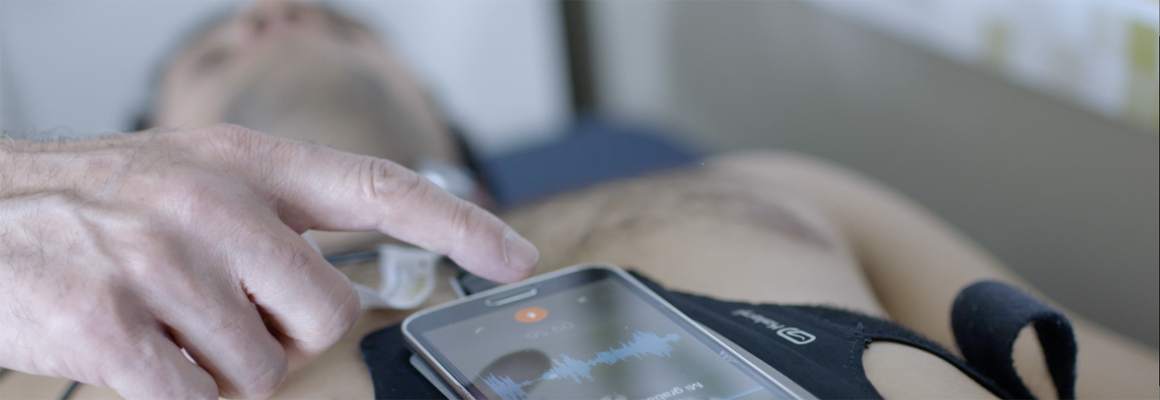IBEC engages in two public-private partnerships for biomedical breakthroughs
IBEC and Vitala, a spin-off founded by IBEC researchers, are set to participate in three public-private partnership projects, with a combined investment nearing €4 million. These initiatives, backed by the Spanish Ministry of Science and Innovation and the State Research Agency, aim to advance remote health monitoring, create an oral drug for Inflammatory Bowel Disease, and enhance 13C magnetic resonance imaging for therapeutic research. Leveraging cutting-edge technological approaches, these endeavors aspire to make a positive impact on the fields of medicine and biomedical research.

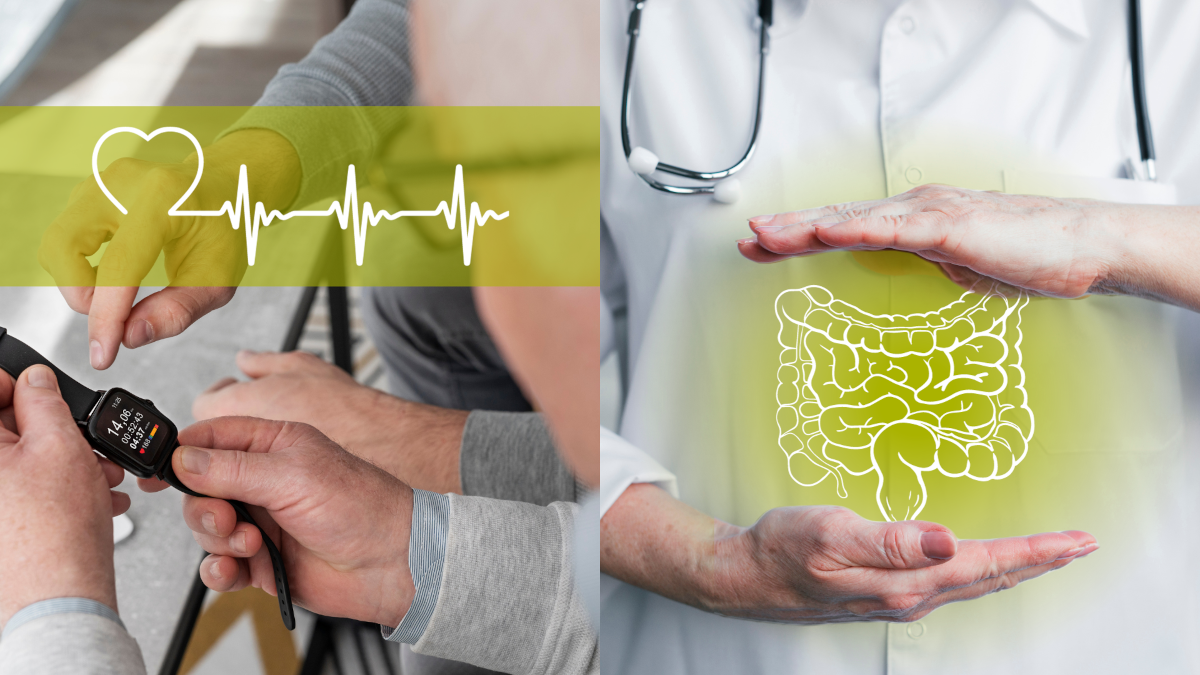

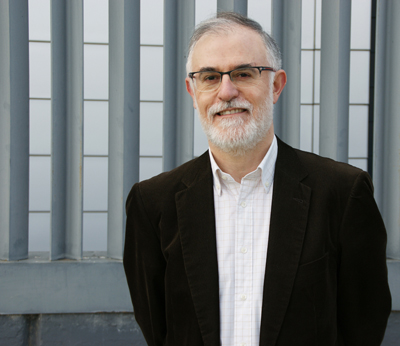
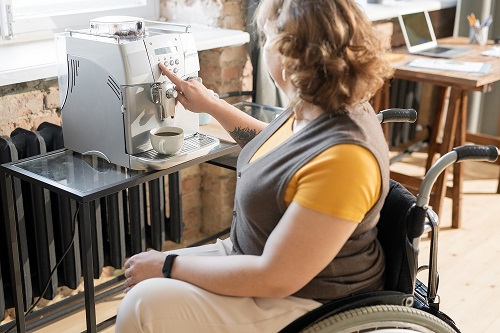
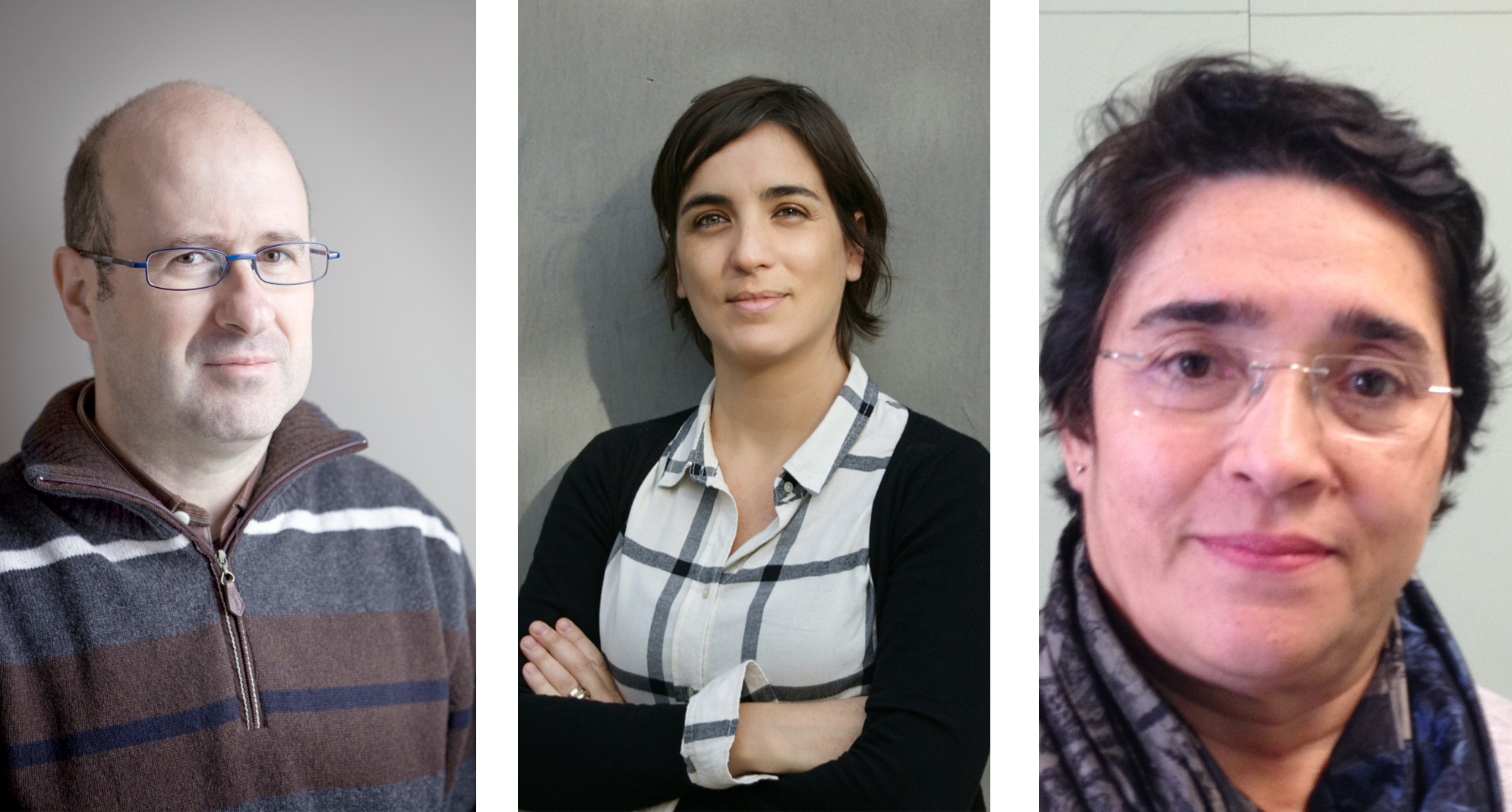


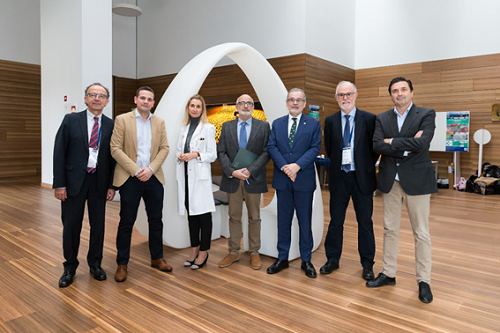
 Raimon Jané, President of the Spanish Society of Biomedical Engineering (SEIB), Group Leader of the Bioengineering Institute of Catalonia (IBEC) and CIBER-BBN, inaugurated the conference with the Health Minister of the Government of Cantabria, the Dean of the University of Cantabria, the Director of the Hospital and the President of the CASEIB2019 Organising Committee.
Raimon Jané, President of the Spanish Society of Biomedical Engineering (SEIB), Group Leader of the Bioengineering Institute of Catalonia (IBEC) and CIBER-BBN, inaugurated the conference with the Health Minister of the Government of Cantabria, the Dean of the University of Cantabria, the Director of the Hospital and the President of the CASEIB2019 Organising Committee.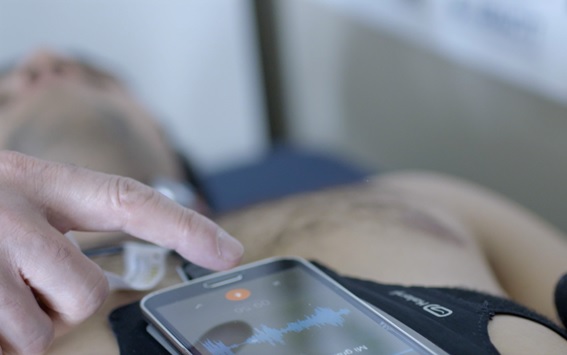
 The Biomedical signal processing and interpretation group at the Institute for Bioengineering of Catalonia (IBEC) has developed a portable, cheap and non-invasive system to detect obstructive sleep apnea (OSA) at home, a disorder characterized by recurrent airflow cessation during sleep. Researchers propose a novel method consisting of analyzing acoustic signals recorded with a smartphone.
The Biomedical signal processing and interpretation group at the Institute for Bioengineering of Catalonia (IBEC) has developed a portable, cheap and non-invasive system to detect obstructive sleep apnea (OSA) at home, a disorder characterized by recurrent airflow cessation during sleep. Researchers propose a novel method consisting of analyzing acoustic signals recorded with a smartphone.